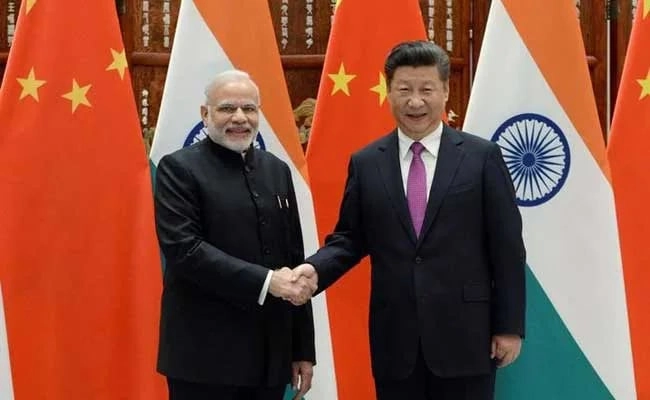The relationship between India and China has always been complex, marked by economic ties, historical tensions, and strategic rivalries. Recently, this dynamic has taken a new turn in light of geopolitical developments, particularly following the imposition of a staggering 104% tariff by the United States on certain Chinese goods. This bold move from the U.S. has not only escalated trade tensions between the two economic giants but also sparked a response from China, which has been closely monitoring the potential shifts in trade alliances and diplomatic relations.
In the wake of this tariff increase, Beijing’s message has been clear: it views the growing trade friction with the U.S. as a significant challenge but also as an opportunity to strengthen its ties with other nations, including India. Chinese officials have emphasized the importance of maintaining stable and constructive relations with India, suggesting that collaboration could be beneficial for both countries in navigating the uncertainties of global trade. This perspective reflects a strategic pivot as China seeks to mitigate the impact of U.S. tariffs by fostering deeper economic partnerships with its neighbors.
Moreover, the evolving landscape of international trade presents a crucial opportunity for India to reassess its own position and leverage its growing market potential. As businesses in both countries explore new avenues for cooperation, there is a possibility for India to enhance its manufacturing capabilities and attract foreign investment, particularly from Chinese firms looking to diversify their supply chains. The relationship between India and China, therefore, could evolve into a mutually beneficial partnership, counterbalancing the trade pressures imposed by the U.S. tariffs and contributing to regional economic stability.
However, this potential for collaboration must be approached with caution, as historical border disputes and strategic competition continue to loom over the relationship. Both nations must navigate their differences while capitalizing on the opportunities presented by changing trade dynamics. As Beijing communicates its intention to bolster ties with India, it remains essential for New Delhi to engage in a dialogue that prioritizes national interests and fosters a balanced approach to cooperation. Ultimately, the relationship between India and China in the wake of U.S. trade policies will be a critical factor in shaping the future of economic and political alliances in the region.




